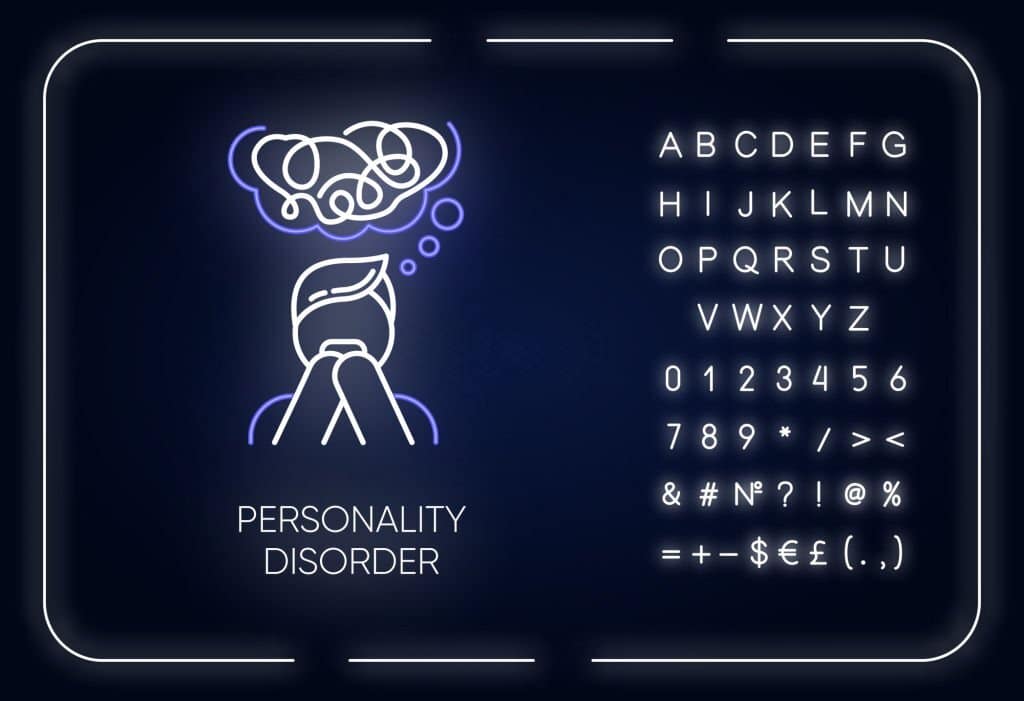Some people use adaptive behaviors to prevent themselves from adapting, adjusting, or participating in different aspects of life. However, these actions can be disruptive and cause increased distress, discomfort, and anxiety over time.
In this article, we discuss methods for coping with maladaptive behaviors. We hope you will find this information helpful if you are struggling with these behaviors or trying to help someone else.
Coping with Maladaptive Behaviors
While maladaptive activities may alleviate anxiety in the short term, they are likely to exacerbate unpleasant sensations in the long term.
Adaptive behaviors are actions that assist you in adjusting your response to a circumstance to make it more positive. These habits are required for successfully handling daily tasks and engaging with others.
Social Abilities
Conversational skills and how to make new acquaintances are two examples. Developing social skills will help you cope with social encounters even if you are anxious. This is especially beneficial for people who suffer from social anxiety.
Personal Accountability
Personal responsibility entails being accountable for oneself and one’s quality of life. This may entail adopting routines in your everyday life to maintain a job and a household despite anxiety.
Taking personal responsibility entails taking care of oneself. Eating a balanced diet, exercising regularly, and getting enough sleep each night are all key activities for maintaining your physical and mental health.
Developing New Skills
We may be hesitant to do something because we are unfamiliar with it. However, exposing yourself to something can make you more comfortable with it. For example, if public speaking is a particular issue for you, adaptive skills include enrolling in a class to overcome stage fright and improve your public speaking ability.
Emotional Control
Learning to control your emotions when they overwhelm you is an important step toward developing adaptive skills.
First, you can learn to identify your emotions to understand them better.
For example, consider why you are staying home from a social function. What emotions are driving your decision? If you are exhausted and want to take care of yourself by staying home, you can classify your decision as adaptive.
If, on the other hand, you are staying at home and withdrawing because you are anxious about being around people, you can identify your withdrawal as a maladaptive coping mechanism. Then consider what else you may do to alleviate your anxiety. Perhaps some deep breathing or reciting a mantra can help. Alternatively, you may attempt a few minutes of meditation or exercise.
A cheerful attitude is another technique to control your emotions. While no one can or should be positive all the time, having a positive attitude implies seeing a negative circumstance for what it is while remaining hopeful in the face of difficulties.
Seeking advice from a medical practitioner is also a good method to learn how to control your emotions.





